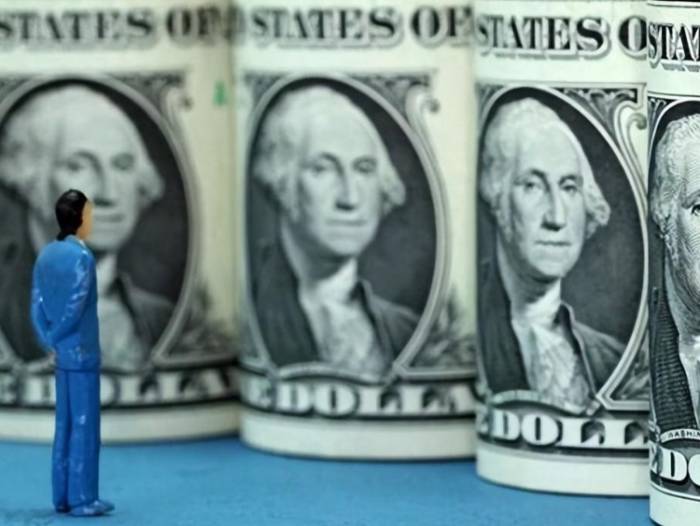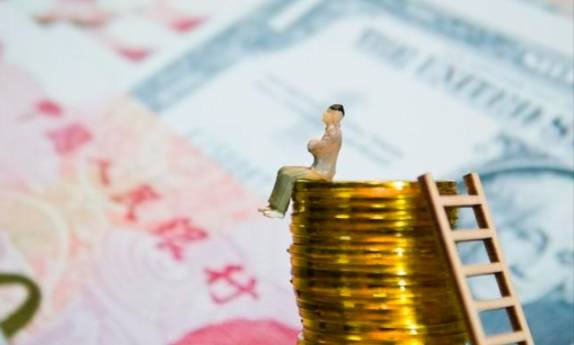The recent financing round for XN Fusion, a pioneering company specializing in controlled nuclear fusion technology, marks an exciting development in the quest for sustainable energy solutions. The company has successfully secured a substantial sum in angel funding that is set to propel its ambitious projects aimed at delivering sustainable and potentially limitless energy. Led by prominent investors including the China Merchants Venture Capital and the Zhongke Chuangxing, this funding initiative also saw participation from other financial institutions and individual investors, emphasizing the growing interest in nuclear fusion as a viable energy source.
As governments worldwide recognize the critical importance of transitioning to clean energy sources, investment in nuclear fusion has gained unprecedented momentum. In the wake of the realization that traditional fossil fuels are finite and detrimental to the environment, many nations are redirecting their focus towards more innovative, long-term solutions. In China, the State-owned Assets Supervision and Administration Commission has outlined a future industrial initiative that places controlled nuclear fusion at its forefront, reflecting a national commitment to pioneering energy technologies.
The global landscape of controlled nuclear fusion research is witnessing surges of financial backing and governmental support, evident from similar developments in the United States, Japan, and the United Kingdom. These nations have rolled out robust policies aimed at fostering advancements in fusion technology and facilitating the ongoing construction of experimental fusion reactors. The global move towards clean energy has created fertile ground for innovations in nuclear fusion, making it a sector ripe with potential and opportunity.
Market forecasts by consulting firms indicate a rapid expansion for the controlled fusion sector. Projections suggest that the global market could reach an astounding $120 billion by 2024 and could balloon to nearly $266 billion by 2031, implying an impressive compound annual growth rate (CAGR) of 12% during this period. This forecast highlights not only the increasing trust in fusion technology but also the pivotal role it may play in the future energy landscape.
Founded in March 2024 by Professor Sun Xuan, who is a renowned expert in advanced field-reversed configuration (FRC) fusion research, XN Fusion leverages over three decades of experience in magnetic confinement fusion. Professor Sun has an extensive background with well-known institutions and fusion companies, which underlines the robust expertise that drives the company's ambitions. The core team at XN Fusion, comprising talented individuals from the University of Science and Technology of China’s nuclear research institute, boasts over ten years of practical experience in their specialty areas.
XN Fusion's technological foundation rests on a sophisticated FRC approach initially proposed by Professor Sun over a decade ago. This technique has since been rigorously tested and developed through a dedicated research program at the University of Science and Technology of China's KMAX-FRC group. The essence of this innovation lies in employing serial magnetic mirrors to enhance the confinement of plasma, thereby reducing plasma loss significantly and addressing the stability challenges faced by existing fusion systems. Notably, improvements in the efficiency of fusion reactions through this technology present a promising pathway for developing economically viable fusion power plants.
The technology implemented by XN Fusion promises a fundamental shift in operational capabilities. Through an inventive combination of self-organizing field-reversed configurations and enhanced magnetic barriers, set within a triple confinement magnetic field environment, this approach could lead to operations at high temperatures and densities for extended durations. Such advancements not only mark a potential paradigm shift but also offer tangible solutions to some of the most pressing challenges in fusion energy generation.
One of the key attributes of the field-reversed configuration is its ability to achieve high-density plasma confinement under relatively low magnetic fields, a characteristic that is becoming more appreciated globally, especially considering the challenge of stability that often hinders fusion efforts. The recent successes observed in companies like TAE and Helion Energy further solidify the field-reversed configuration's position as a serious contender in the race toward achieving practical nuclear fusion.
Professor Sun emphasizes that although research into field-reversed configurations (FRC) has been progressing internationally for years, domestic studies within this domain remain relatively sparse. His initiative has led to the establishment of China's first experimental FRC device, making it a significant milestone in the nation's nuclear fusion narrative.
According to Dr. Ren Baoming, XN Fusion's Chief Scientist, their experimental results from the KMAX-FRC project confirm the scientific feasibility of their approach. He asserts that the company's objective is to employ "smarter solutions" in the pursuit of achieving practical fusion energy production compared to their international counterparts.
The company is currently developing the next-generation KMAX-U, an advanced linear field-reversed magnetic mirror device intended as an upgrade to the existing KMAX apparatus, which has seen twelve years of operational success. This evolving design is positioned to successfully navigate new technical challenges and potentially enhance the accessibility of fusion energy in the near future, with expected operational capabilities within a year.
The insights from investors underline a noteworthy recognition of the strategic importance of controlled nuclear fusion—not just for China, but for humanity as a whole. With visions to fundamentally alter the global energy infrastructure, investment firms such as China Merchants Venture Capital view their support as a pivotal step toward realizing the vast potential of fusion technology. Professor Sun's leadership in nurturing innovation within this sphere has garnered confidence from investors, who look forward to XN Fusion emerging as a leader in commercial fusion energy solutions.
In conclusion, the burgeoning interest in controlled nuclear fusion heralds an era where clean, abundant energy could potentially power our societies in cleaner and more efficient ways. The fusion journey is fraught with challenges, but the advancements being made by XN Fusion, alongside a supportive governmental framework and increased private investment, indicate a promising trajectory. As the world races to confront the realities of climate change and sustainable energy demands, companies like XN Fusion hold the keys to a future driven by revolutionary energy technologies.






























Join the Discussion